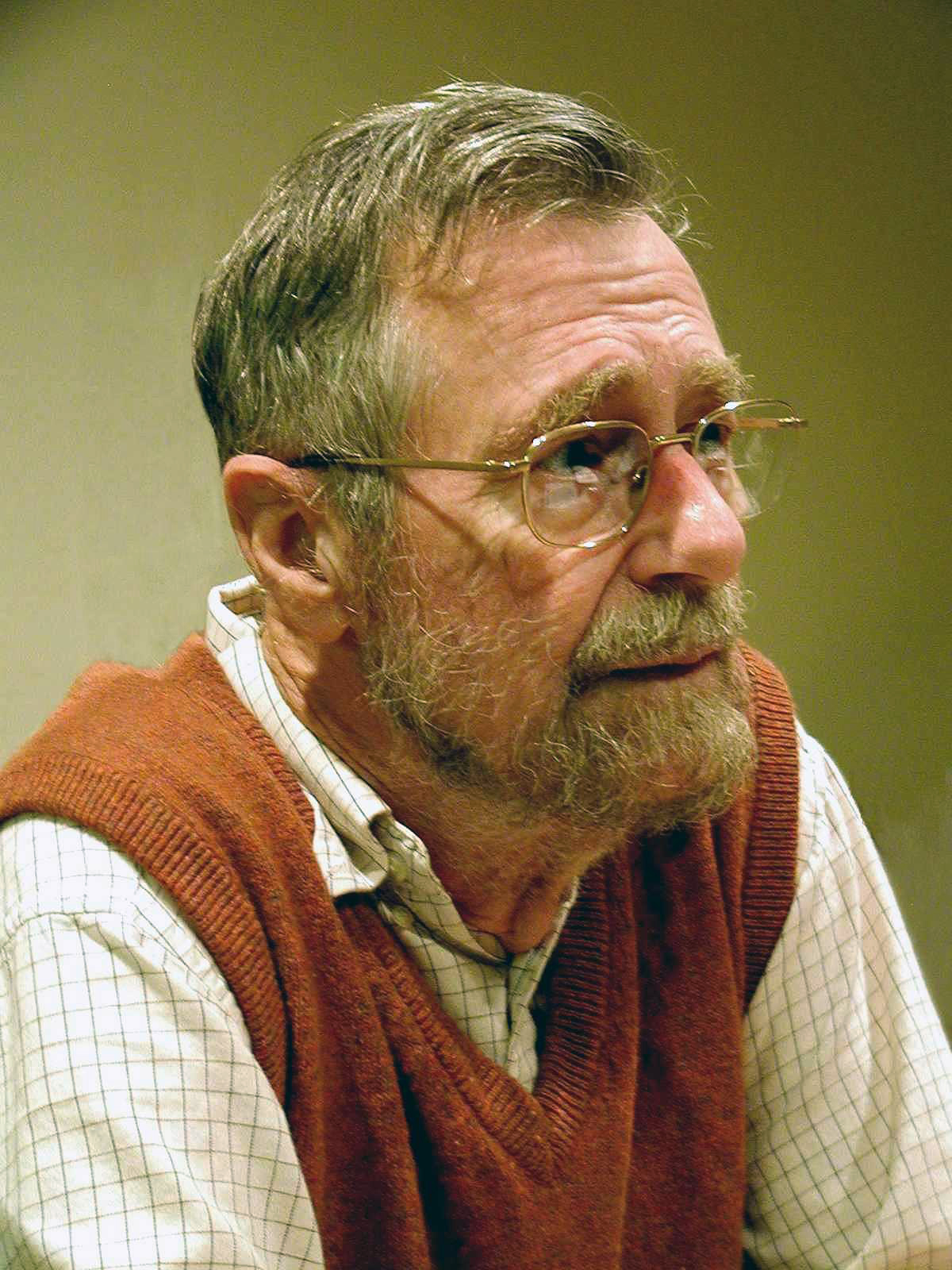1960s
Edsger Wybe Dijkstra: Citáty v angličtine
Refering to his conclusion to the Barber paradox or Russell's paradox.
Dijkstra (1985) Where is Russell's paradox? http://www.cs.utexas.edu/users/EWD/transcriptions/EWD09xx/EWD923a.html (EWD 923A).
1980s
Dijkstra, "On the reliability of programs" https://www.cs.utexas.edu/users/EWD/transcriptions/EWD03xx/EWD303.html (EWD 303).
Unknown date
discovery of which aspects can be meaningfully 'studied in isolation for the sake of their own consistency.
Dijkstra (1982) as cited in: Douglas Schuler, Douglas Schuler Jonathan Jacky (1989) Directions and Implications of Advanced Computing, 1987. Vol 1, p. 84.
1980s
“LISP has been jokingly described as "the most intelligent way to misuse a computer."”
I think that description a great compliment because it transmits the full flavor of liberation: it has assisted a number of our most gifted fellow humans in thinking previously impossible thoughts.
1970s, The Humble Programmer (1972)
you must not fall into the trap of rejecting a surgical technique because it is beyond the capabilities of the barber in his shop around the corner.
Dijkstra (1975) Comments at a Symposium http://www.cs.utexas.edu/users/EWD/transcriptions/EWD05xx/EWD512.html (EWD 512).
1970s
Dijkstra (1976-79) On the foolishness of "natural language programming" https://www.cs.utexas.edu/users/EWD/transcriptions/EWD06xx/EWD667.html (EWD 667)
1970s
